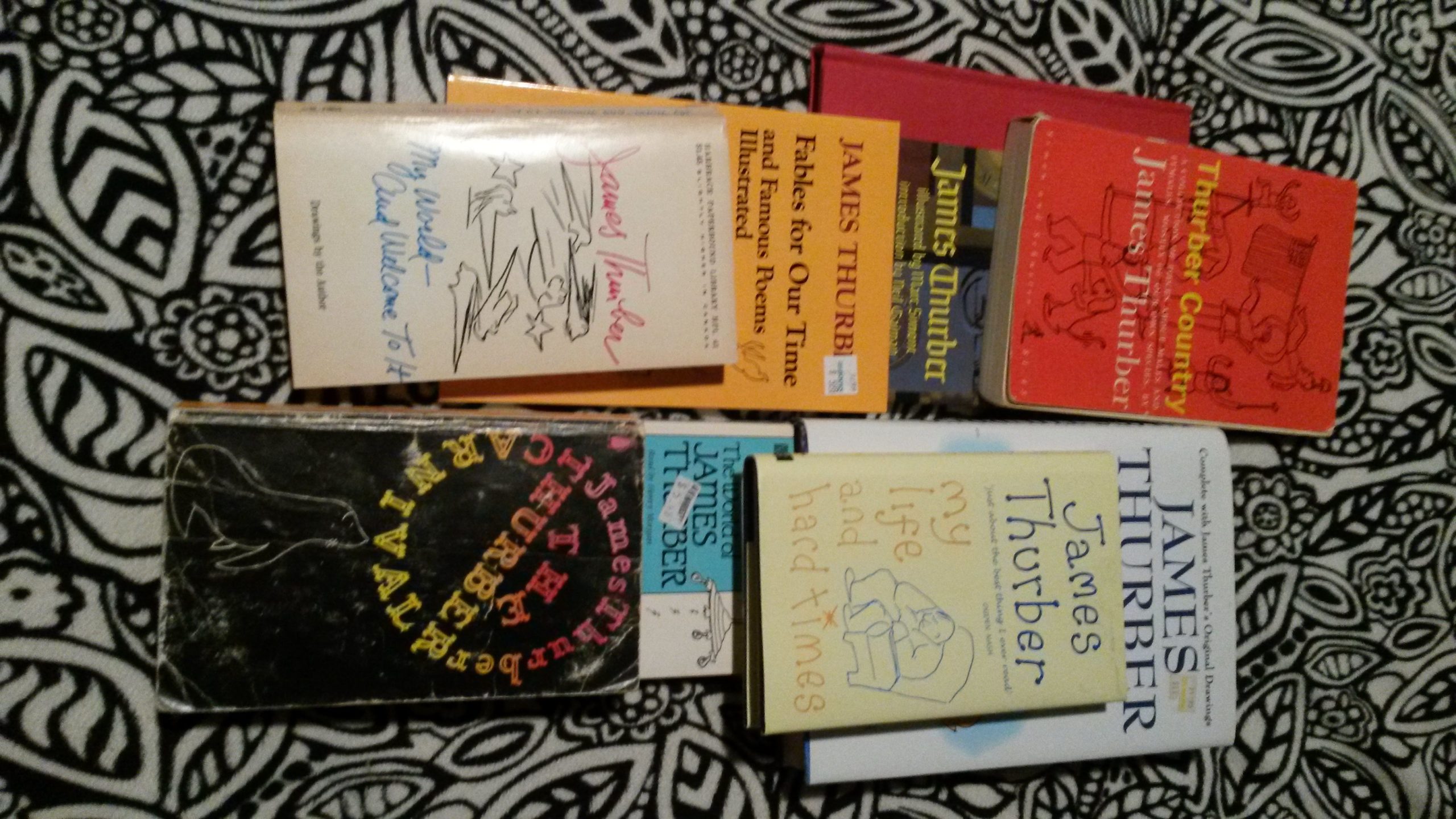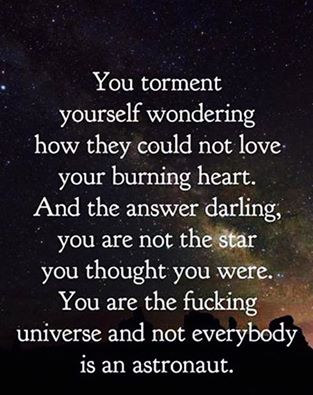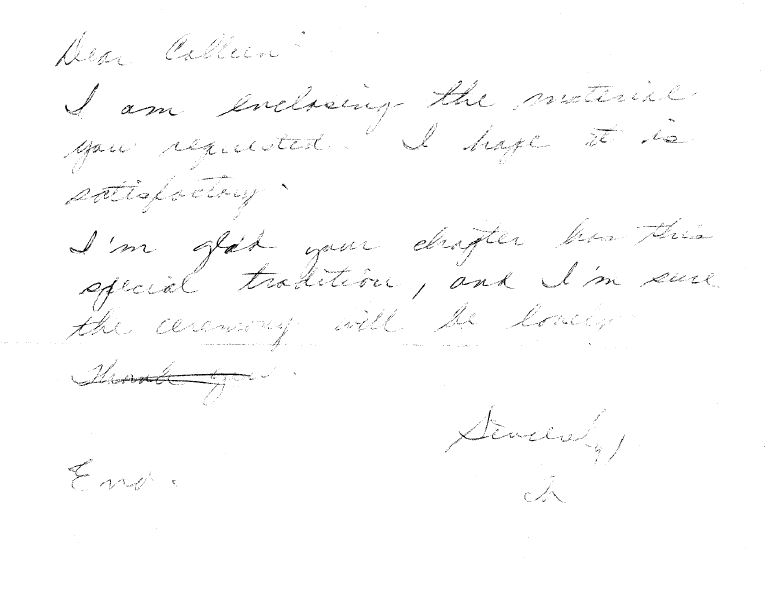I found out yesterday that a high school friend of mine suffered a serious stroke in late April.
Of course I hope she fully recovers, which it appears she is well on the way to doing. I feel sad for her, and glad that she obviously got prompt medical attention and her life was saved. Those are normal feelings that healthy people with empathy have for other people in misfortune, and of course I have those feelings for her.
That isn’t what this post is about. It is about the other feelings that have come up for me with reading about this news.
My friend’s Facebook page, and the website they set up to keep everyone updated, is chock full of family and friends writing things like, “I love you so much” and “Thinking of you every day” and “Love love love to you and to your family” and “I’m so proud of you”.
All that tangible, visible proof that the people around her love her and care about her, in the biggest crisis of her life.
Her mother. Her mother-in-law. Some of our other high school friends, who are like sisters to her. REAL sisters, I mean. The kind that don’t heap a lot of shit on you that isn’t your fault, but just love you instead.
They just love you. Out loud, in writing, with a little note or a phone call or a comment on a web page.
I have another high school friend whose Facebook page often shows a comment from someone in her equally large and extended family. A niece, or her sister, or a brother, or a sister-in-law. Always something loving and kind, and obviously not there because it’s a birthday or something — just because they felt like saying it.
I don’t know what that’s like. I see it, and it looks wonderful. I wish I did.
I actually can’t imagine my sister writing anything like that to me, ever. “I love you so much.” I challenge anyone who knows both of us to try it. You can’t picture it, because IT NEVER HAPPENS.
She has excuses — there are too many years between us, she was busy raising a family, we are poles apart on many things — but shit, it’s not like she ever tried.
I did, once upon a time, but after enough failures, eventually even I got the message.

 Nor did I get that kind of love from my mother. Facebook wasn’t around 30 years ago, but the one time that I know of where my mother was invited to write a letter about why she was proud of me, what I got was a chilly, formal letter. It was so bizarre, I don’t think they even read it at the pledging ceremony — or if they did, it was in such contrast to everyone else’s letters that I have blocked the memory, out of embarrassment and shame at how impersonal my mother’s letter was.
Nor did I get that kind of love from my mother. Facebook wasn’t around 30 years ago, but the one time that I know of where my mother was invited to write a letter about why she was proud of me, what I got was a chilly, formal letter. It was so bizarre, I don’t think they even read it at the pledging ceremony — or if they did, it was in such contrast to everyone else’s letters that I have blocked the memory, out of embarrassment and shame at how impersonal my mother’s letter was.
She didn’t even write it by hand — she typed it. In the handwritten note that accompanied it, she even wrote “end”, as if it were a business communication. And of course, she had to make it about a topic that was important to her: religion.
Years later, my sister defended my mother’s coolness on this occasion with a bunch of bullshit about “she didn’t know who was going to read it” and so on.
Fucking hell. Someone who loves you doesn’t CARE who reads it. THAT’S THE FUCKING POINT.
But that’s the way it always goes. I expressed my disappointment in the way my mother wrote this letter — because it hurt me to be shown so starkly the contrast between the chatty, friendly letters that she wrote to my sister when she was in college, versus the one that I got when I was in college (by the way, there aren’t any personal letters from my mother from my college days, because I was expected to call HER every week).
And my sister didn’t say, “I’m sorry she couldn’t love you.” My sister didn’t say, “I bet that was important to you. I’m sorry you were disappointed.”
No, what my sister did was defend my mother’s abnormal behavior. Because my sister has apparently inherited that abnormal behavior, that unwillingness to love me, or to let anyone else love me.
This is very similar to my mother-in-law, who was the oldest daughter of an alcoholic mother, and also strongly parentified. And while she couldn’t stop her son from marrying me, she wouldn’t let her husband be too nice to me, either.
Once she was gone, he spent his few remaining months trying to finally be friends, but he didn’t have much time to work with. But we could have had a loving relationship, I think — if it hadn’t been for my MIL, and the anger she directed towards me for us making a life decision that she didn’t approve of, and as she saw it, depriving her of her “right” to grandchildren.
Because of course she can’t direct that blame at her son, and besides, women are “supposed to” have kids — even if they are women as fucked up as her own mother, and my mother, I guess. See how well that worked out.
Over the 20 or so years that I knew her, she did her best to retain some control and undercut me with “her” son as well — even criticizing me to him under our own roof — and often she pretended I didn’t actually exist.
I remember one time they visited us, and she and I went to buy tickets for a ferry. The woman at the kiosk asked my MIL why she was here, and she replied — with me standing right next to her — “We’re here visiting our son.”
Another time we were all out at a garden, and my husband and I went for a walk while his parents sat on a bench. When we came back, she looked directly at him and, using his name — so it would be clear that I was not included in the caring, no matter how trivial — she asked him, “How was your walk?”
On another memorable occasion, his dad left a phone message wishing him — specifically and only him, again by name — a “happy anniversary”.
Kind of like my sister not even giving me a welcome hug, or noticing that I’m in the room. (At the same time that she can sure as hell notice that I failed to ask her about being a grandmother.)
Little wounds. Over 20 or 40 years they add up to big ones.
It would be one thing if the people involved were like this to everyone, not just me. But they hurt even more when, after she’s gone, you get to hear from the neighbor how wonderfully warm and loving your MIL was to her — treated her “like a daughter,” in fact.
So eventually you learn that no matter if you are nice, and caring, and give love to others, they don’t give it back. And you learn not to make the effort any more. That’s the person I’ve become.
Which is why my siblings will say – have said, in fact – “Well, but YOU don’t show love to US!”
Because of course, to them, it’s all about them. (Except the part about who’s responsible. That is most definitely not about them.)
We are each too wounded to put our own pain aside in order to love the other person.
The difference here is, my siblings’ wounds were not inflicted by me — but mine were inflicted by them. I don’t have anything to apologize for, but they do.
I tried for years and years, and got rejected over and over. And the ultimate wound, of course, was the moral injury of the night my father died, and the morning after. And the lies about it, and the believing the lies, and the not upsetting Susan and Joe, because it was easier and simpler to upset me.
Their wounds were not inflicted by me. Theirs were, at the heart, inflicted by a mother who was selfish and sick and couldn’t let anyone else have love. Our mother’s version of the control was to not let “her” children love their father. She deprived them of that hugely important relationship, for her own selfish reasons.
See the pattern here? Selfish, angry, injured women, deliberately ruining relationships between others. I’m not the one who’s doing that.
I used to have brothers, and even a brother-in-law, who at least appeared to care about me, but they are no longer allowed to do so.
My brothers have said some nice things to me in the past. One of them once said he enjoyed conversations with me, but of course that was said in the context of the rest of the sentence, which was that he refused to discuss the family issues any longer. So yeah, he enjoys conversations with me as long as they are on his terms.
I have other brothers who probably couldn’t say a nice thing about me if their lives depended on it.
My sister won’t let her husband speak to me any more. Nor, I suspect, are her kids (and eventually, their kids) allowed to contact me. Once in a great while, as on the actual birth of a child, I get a picture or two from a niece – that’s the return I get now on the investment of years of caring about my sister’s kids. Of course my sister never had to put out anything for the ones I didn’t have. And we aren’t even told about their weddings any more.
This isn’t exactly new: we have been left out before, not told about get-togethers until someone lets it slip after the fact, not invited until it’s too late for us to come.
This is controlling and dysfunctional and fucked up, of course, but it kind of works. It’s easier than the alternative. Can’t do anything to upset my sister and SIL, or there will be hell to pay.
As my father used to say, and I know where he learned this lesson: “In an argument between a reasonable person and an unreasonable person, the unreasonable person will always win.”
They are the ones who have won, by being unreasonable, by being the bigger threat to familial harmony. By having the power to throw the bigger tantrum. Me leaving is no big deal, compared to what they could pull off.
Another Facebook friend has a son who is getting married this fall. All week her posts have been about planning the wedding, her excitement, her happiness about having a new daughter-in-law to love.
It’s hard to read those posts. I actually don’t like to think about my own wedding, because even for the one fucking time it was supposed to be all about me, it wasn’t.
Not for my mother. My mother wouldn’t even shop for her own dress. I had to go shopping for her in Dallas, buy and ship a few dresses to her, and then harp on her to send the others back so I could return them.
For context, up until my wedding, my mother’s immediate first concern about any such event was what she was going to wear, down to shoes and accessories, and she often sewed her own dress for such occasions. I had to hem her fucking skirt myself, the night before the wedding.
In hindsight, the complete lack of giving a shit is crystal clear. And, I suspect, it also sent a subtle message to everyone else that this event wasn’t something they needed to care about.
The excuse made for her is that she was getting sick at the time, but I defy you to show me another loving mother who lets physical illness get in the way of caring about her daughter’s wedding.
Not for my MIL. I recently found out from that same neighbor that my MIL never spoke about our wedding. “You could have gotten married in Jamaica for all I know,” she said. The only thing she ever heard about our wedding was that at some point, apparently my father asked where my FIL was, and said he needed to talk to him, and went to find him.
Somehow that offended my MIL. What she had to say about our wedding day, after the fact, was vague criticism for my father.
Before the fact was worse. The planning was a nightmare. She had her own separate guest list. She literally doubled the budget for the reception dinner. She used the same pattern that I chose for the bridesmaid’s dresses for her own dress. At one point she told me directly that what I wanted didn’t matter. And there are weirder parts that are too long to tell here.
It would have been awesome to have a sister and a mother or even a matron of honor who was on my side through all of that, who could have been a reality check, but no. It will be no surprise that my matron of honor was also a narcissist, who was also no help to me at all, and actively contributed to my problems, instead of helping.
[Side note: A few years later, when we told her and her husband that we were leaving Texas and moving to Oregon, the first words out of her mouth were “Oooh, I’ve never been to Oregon!” The first thing she thought about was herself and what good we could be to her. Classic. We never gave them our new address.]
And not for the rest of my family, either. Ask them about my wedding, and you will hear about how much fun they all had in Boston together the day after, without me or my husband.
But, they will say, you had just gotten married. You were busy.
Of course, that’s not the fucking point, but that is seriously how they see it. That’s their excuse. To all of them, the important thing about that event was not their sister (their daughter, their son, their friend) getting married. It was not welcoming their new brother-in-law. It was about them, having fun doing something else. Something that, in fact, specifically didn’t involve me, or us, because I was “busy”.
The “something else” that I was busy with was, in fact, supposed to be the center of attention and the whole fucking point. That’s how it is when people love you and are happy for you, anyway.
They didn’t ask us what we would like to do that last day. I don’t think we had anything specific planned, but it’s not like anyone said, “Hey, what is the plan for Sunday? What would you like to do? Oh, there’s nothing planned? Well, here’s what we thought we could all go do.”
They didn’t even ask us if we wanted to go along. They just assumed, I guess, that we wouldn’t want to go? I don’t know. I do know we didn’t get invited, even though it was the last day everyone would be there and we all knew that and it was MY FUCKING WEDDING.
“Often clients tell me that they felt that their family didn’t understand them, that they felt different from the rest of the family or like an outsider. What is being described is the trauma of invisibility.”
That doesn’t even come close to describing it. It’s not so much being invisible – it’s that they see you, and they don’t care anyway. They don’t love seeing your face, or think of you “just because”. In fact, they hate the sight or the thought of you so much they will pretend you aren’t there.
Years and years and years of being rejected by the people, especially the women, closest to me — being met with criticism or disdain, or unacknowledged or taken advantage of, every time I tried to reach out and build relationships — has taken its toll.
I don’t reach out to anyone any more, because my love kept getting met with rejection. Rejection from my mother, from my sister, from my mother-in-law: all women in my life that you would think would have been a bedrock of love and support. The kind of love that is visible, the kind I see other people getting.
Love that is allowed to be expressed, and doesn’t have to hide for fear of pissing off some fucked-up, controlling, unhealthy person, who can’t stand to see someone they hate being loved.
I don’t know why I ended up with so many of these women in my life. Some sources say that being trained by one narcissist leads you to attract others. Certainly I think the familiarity factor is how my SIL ended up in the family, and why she is so welcomed.
Intellectually at least, I realize now that they all had issues. Just as I now have issues, and am unable to simply feel for my friend, without also being envious of what she has that I don’t have.
I don’t have the capacity to just be openly loving and caring, without these other feelings getting in the way. I don’t have enough logs in my raft, the hole hasn’t been filled enough.
I could have been that person, though. It’s what I wanted to be — still wish I could be. A healthy, loving person, with people to love, who love me back.
But at least I have the guts to work on my issues, and not perpetuate the bullshit.
Sometimes I am that person. For example, one thing I have noticed in the past couple of years is that I don’t do art unless it is something FOR somebody. I am not an artist for myself. I don’t make time to draw, or paint, for my own enjoyment. But let me get an idea for something someone I care about would like, and I am all over it. I love to make art that will make someone I love happy.
There have been loving women in my life, here and there: a housekeeper, a friend’s mother, a junior high school teacher — but they all fell away, one way or another, because they just didn’t have the same tie, day in and day out, that you get with a mom. You don’t get a second chance at having a mother or a mother-in-law or a sister, someone who’s been there your whole life, who just loves you.
I did have Dad. I got about 15 years less of him than I should have, but I did have that. I have loving notes, and letters from college, and some saved emails, and a box full of other things that I still haven’t gone through in the 15 years since his death. In the absence of a loving mother, that’s what saved me, but it’s still not the same.
Mostly, it’s just too late. I don’t see where I will ever find that kind of love at this stage, or people TO love. I’ve been cut off from the next generation of my relatives. And the healthy people all have wonderful loving families of their own. There’s no room in them for a couple of strays, and there’s no replacement for those 40 years of shared history that we wouldn’t have. I don’t see any way now to find or make a place like that where I really belong.
Maybe if I’d had kids, I’d have one. More likely, in my 20’s I’d have been the lousy mother that I suspected I’d be, even though I didn’t quite know why. I understand why a lot more now, and I even think I’d be a decent mother now. But it’s pretty late for that, and “to not be alone” is a shitty selfish reason to have kids anyway.
At least I’m not carrying on the tradition.

















